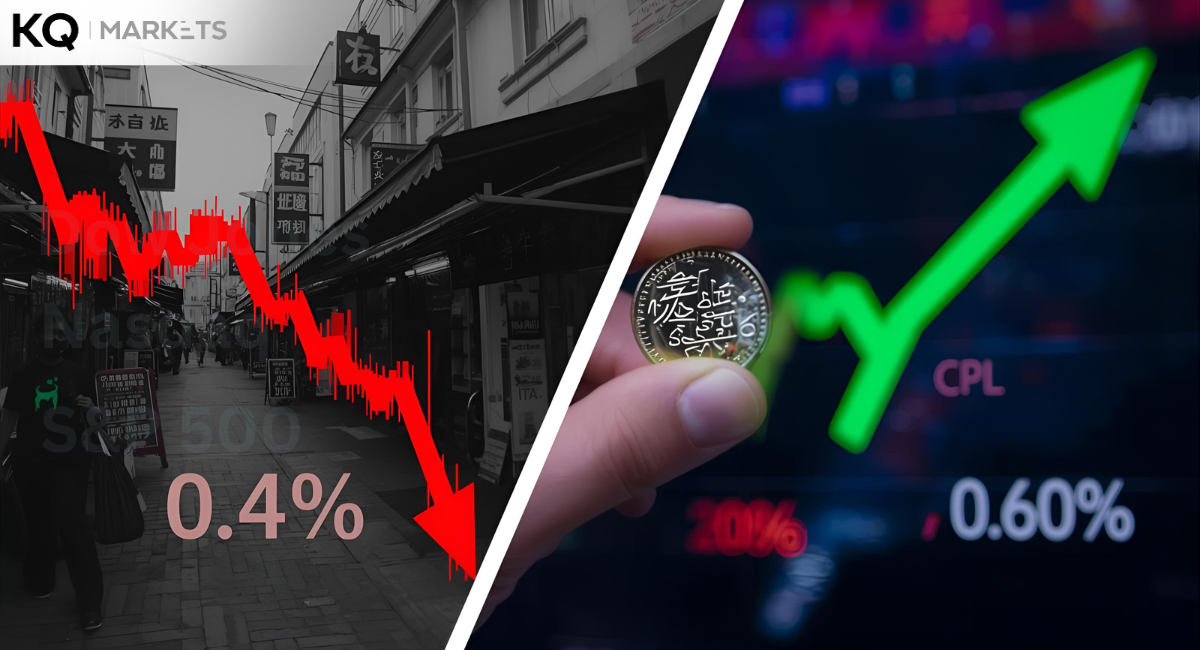The UK has witnessed a sharp sell-off in government bonds, driving up borrowing costs and raising concerns over fiscal pressures. Chancellor Rachel Reeves may face tough decisions involving higher taxes or spending reductions to address these challenges.
Inflation and Interest Rates
Persistent inflation worries have tempered expectations of swift interest rate reductions by central banks, keeping base rates elevated. This has led to a reduced appetite for UK and US government bonds among investors.
Rising Yields and Borrowing Costs
This sell-off has driven bond yields higher—the return paid to investors—subsequently increasing the cost of government borrowing. On Thursday, the 10-year UK government bond yield reached 4.79%, the highest since 2008. Simultaneously, the pound fell by 0.3% against the dollar to $1.2315, its weakest level since late 2023.
What Are Bonds?
Bonds are a financial instrument where investors lend money to a borrower, earning returns through interest payments. UK government bonds, called gilts, and US Treasurys are prominent examples. Bond prices and yields move inversely; recent price declines have pushed yields higher.
Why are Bond Yields Increasing?
Economic data, especially inflation statistics, has fueled concerns about prolonged high interest rates. Central banks initially raised rates to curb inflation and target a 2% threshold. While global inflation has moderated, it remains slightly above target levels. For example, UK inflation rose to 2.6% in November, up from 2.3% the prior month.
In the US, the core personal consumption expenditure (PCE) index—a key Federal Reserve metric—showed an annual increase of 2.8% in November, consistent with October but above the 2% target. Additional data from the US services sector indicated rising prices, amplifying fears of slower rate cuts. The Federal Reserve now predicts just two rate cuts in 2025, a reduction from its earlier forecast of four.
Effects on the UK Economy
Yields on 10-year UK bonds have surpassed levels seen after the September 2022 mini-budget. Similarly, 30-year yields have approached their highest since 1998, standing at 5.36%. Concerns about stagflation, where stagnant growth coincides with high inflation, are rising. Inflation is edging higher while wage growth remains strong amid a sluggish economy.
The Bank of England (BoE) has adopted a cautious approach, keeping interest rates steady at 4.75% after two rate cuts in 2024. BoE Governor Andrew Bailey emphasized a gradual path toward future rate reductions.
Sovereign Debt Pressures
Higher borrowing costs intensify concerns about the national debt. UK government debt has reached £2.8 trillion, roughly equivalent to the country’s GDP. Analysts suggest that the increase in borrowing costs has nearly eliminated the fiscal leeway available to the chancellor, potentially necessitating tough fiscal measures.
Implications for Investors
For investors, this bond sell-off could be a short-term event. Rising yields, while challenging for existing bondholders, present opportunities for new investors to secure attractive returns.
Higher bond yields can impact equity markets by raising borrowing costs for businesses and reducing the appeal of stocks compared to bonds. The S&P 500, currently near record highs, may face headwinds if yields continue to climb.
Despite recent challenges, bond funds have fared better than during the sharp declines of 2022. Investors focusing on short-dated, low-coupon bonds may find these instruments appealing, offering tax advantages and steady returns upon maturity.
Conclusion: KQ Markets Perspective
The sell-off in UK government bonds highlights the delicate interplay between inflation, interest rates, and fiscal policy. While presenting challenges for policymakers, it also offers investment opportunities for those navigating the evolving economic landscape.
KQ Markets, a leader in financial trading solutions, provides tools and insights to help investors take advantage of these opportunities. Whether you’re trading bonds, forex, or other financial instruments, KQ Markets is committed to equipping you with the knowledge and resources needed to thrive in dynamic market conditions.




